There's an old saying (often recounted even by Brazilians) that Brazil is the country of the future... and always will be! While in the past this would bring an ironic smile, now, perhaps things are starting to change, says Mike Watters
Brazil is moving forward and the economy is expanding. The stock market, Bovespa, was placed first on the emerging markets index this year. The market has grown by five per cent, while most others have suffered due to the general economic downturn. The country has a modern, large domestic banking system, many large insurance companies, its own large industrial base and almost every natural resource. It is expected to become a net exporter of oil in a few years.
Further, Brazil is now reported to have net foreign currency reserves of $190bn. It has taken the title of the largest economy in South America, and has the largest population (followed by Colombia). There is also a sophisticated and well educated middle to upper class in the lower third of the country. On top of all that, apparently Brazilians can play a bit of football as well.
Success story
So what is going on? What has changed and will it last? Let us face it: Brazil still has problems. Brazilians speak a different language to the rest of Central and South America, and this has an isolating effect. Until recently the country was run by the military, and the currency collapsed as recently as 1999. Further, Brazil suffers from high crime rates and widespread corruption.
On balance, though, the argument put forward by many is that rewards for investing in Brazil outweigh the risks. Brazil has developed into a democratic, stable, rich, multi-cultural country with a peace loving population.
The country’s cities are flourishing. In Sao Paulo there is a population of 17.9m people (city and greater Sao Paulo) representing one third of Brazil’s GNP. However, other cities such as Campinas and areas like Paraiba Valley are developing at a rate of knots.
Legal reforms are also playing their part. To take the example of the insurance industry, legislation has been passed to open up the market. Many foreign insurers, including Lloyd’s, are planning to enter. Undoubtedly the local market will look to protect itself, but there is a lack of expertise in many areas. Therefore the foreign influence will be positive for the local industry, and the government clearly understands this.
Drawbacks
Our experience over the last nine years has been positive, and above all we have found working with companies based in Brazil’s economic power houses, Sao Paulo and Rio, has demonstrated that the working population has a close parallel with their European cousins.
However, one should not forget that Brazil is different, and the obvious similarities to European culture should not obscure this fact. The mere size of the country results in a massive diversity of values and outlooks, and high crime rates and third world problems are still prevalent in less developed areas.
For instance, criminal gangs often dominate life in Brazil. This is caused by a significant gap between the haves and the have nots which is not easy to fix. The gang problem can be a real issue for insurers and their clients, since their risks can get caught up in a crime wave and lead to large losses, and this is obviously a barrier to entry in the market. However, a business setting up in Brazil has to accept that there is a degree of moral hazard which is not unique to Brazil.
Most of the population is honest and hard working. The police force is poorly paid and as a result very much a mixed bag, but when necessary it is made to work and work well. When pushed, the authorities will act and the gangs will be brought to justice (or eliminated). Further, the country is not only Rio and Sao Paulo city. Many of Brazil’s fastest growing industrial centres are outside these two cities, and these often semi rural areas can have a much lower crime rate and thus be an attractive base from which to operate.
Levels of corruption also remain problematical. The political scene has changed, with a socialist government now in power for a second term. However, levels of corruption at the highest level continue unabated. Again, though, this problem is counterbalanced to some extent by the sheer economic potential of the country. With the natural resources in abundance, the country can only get richer. The government seems to have the management skills to exploit these resources to the full. Brazilians also suggest there is a changed business climate: corruption may have been reduced by the greater risk of being caught. Countries like Brazil do not change overnight, but there has been an improvement.
The next step for the government will be to address some of the infrastructure problems. Brazil is a massive country, so travel can be very time consuming and expensive. A ‘quick’ trip to the north will be a three day adventure!
Brilliant Brazil
The negative side can be vastly overplayed when it comes to Brazil. Ask anyone who has lived there and their face will light up because it is a special country. The people are very friendly and so it is a pleasure to do business with them. With the increasing presence of major foreign insurers in the country, the sophistication of the market is rapidly increasing and the appeal of the anticipated growth is driving increased and viable capital. This is evoking a positive response from the local insurers, making it easier to provide both cost-effective and well informed coverage.
The prospects for the market are both exciting and promising. However, it remains vital to new entrants to select appropriate local people with knowledge of the country’s customs and jurisdiction.
Postscript
Mike Watters is a vice president at McLarens Young International, www.mclarensyoung.com






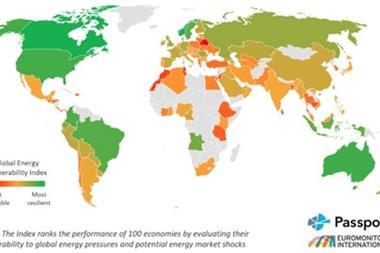
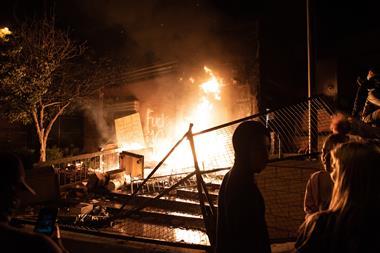

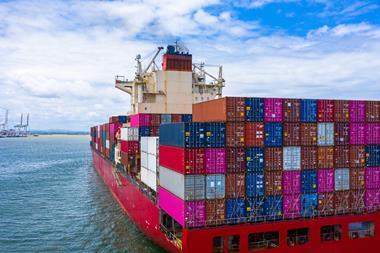



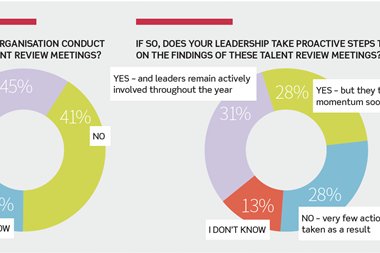

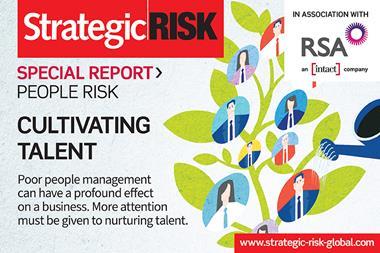



No comments yet